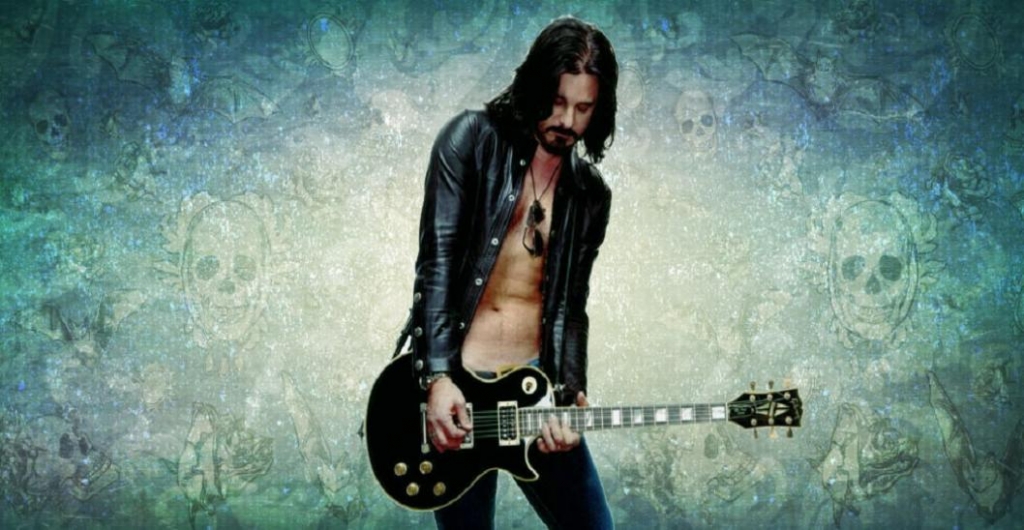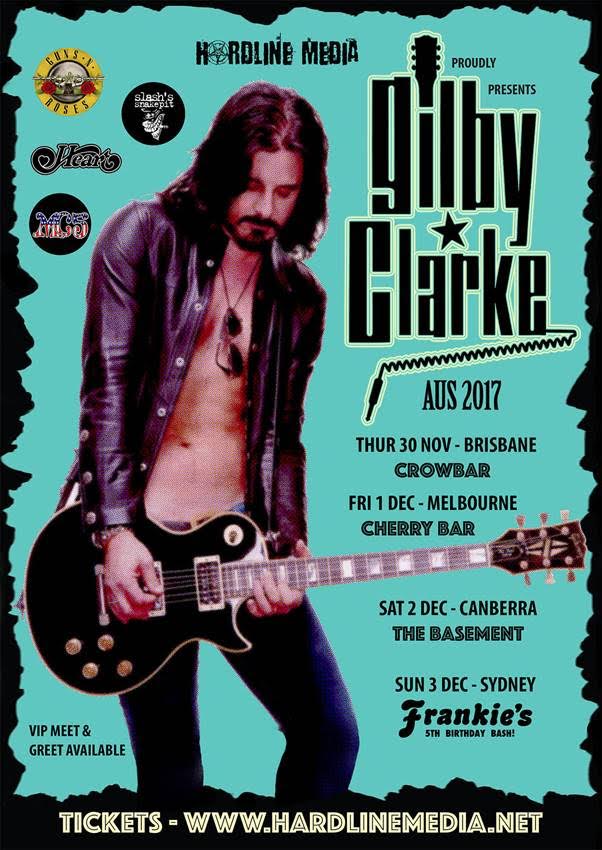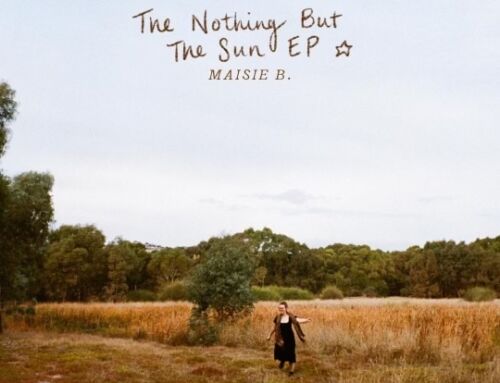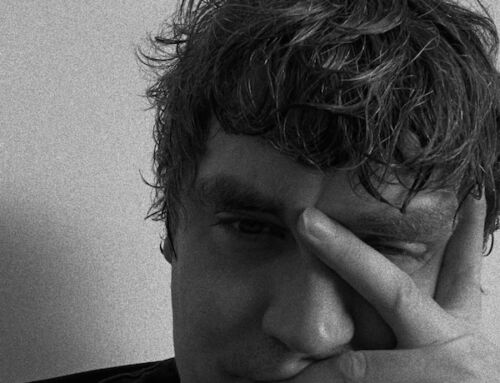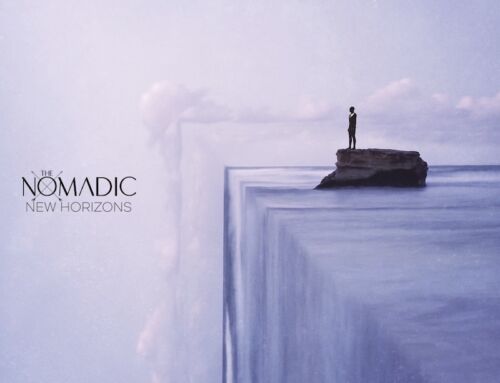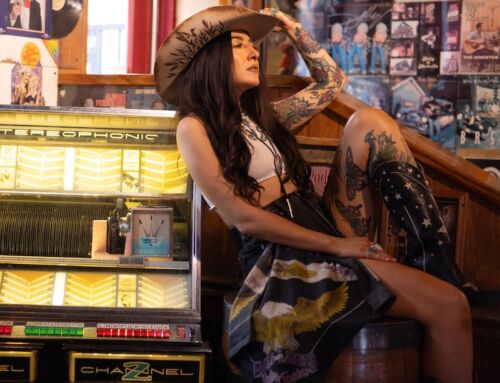Project Description
Interview with Gilby Clarke
When you’ve spent three years as a member of Guns n’ Roses at the height of their fame, recorded with Nancy Sinatra, played with MC5 and toured with Heart, it can start to seem like your own projects have a permanent place on the backburner. Such is the story of one Gilby Clarke. Except that somehow Clarke has managed to find time to record a bunch of solo records over the years, as well as playing with the revolving supergroup Kings of Chaos. Gilby took some time to talk all things rock n roll with AMNplify on the eve of his Australian tour.
BS: GIlby Clarke, thanks for making some time to talk, I know you must be busy making arrangements for the tour
GC: everything is going well. I’m putting the finishing touched on a new solo record right now so I’m actually in the studio all day today and tomorrow.
BS: how is the new album coming along, I hear the recording stage is finished?
GC: yeah, I’m pretty much finished the recording. It’s just the mixing, there may be a couple of recording fixes, but then it’s just getting the mix right and dealing with the business side of things and the question of who is going to release it.
BS: does the record have a name yet?
GC: No, it doesn’t have a name yet. I usually decide that at the very very last second.
BS: I’m interested to know what to expect. How is this record different from Rubber or Pawn Shop Guitars or Swag or the other Gilby Clarke records that come before it?
GC: Well, I like to think that my style hasn’t really changed all that much, other than the fact that we got better with age. My guitar playing is more refined, my singing is more refined. I like to think that my writing is more refined. My style is classic rock; that’s what I like. I’m not a metal guy; I’m more of like a rock guy. And my guitar playing is just more refined now. As you get older you just figure out what you like and you surround yourself with creative people who reflect that. So this record- it’s pretty much in the same vein as the other records, it’s just better. I think the lyrics have come a long way. The riffs are all new. I never resurrect old stuff; I’m always trying to find something new. That being said it really is just a rock n roll record, it’s a guitar record. There is hardly any piano or keys, it’s a guitar record.
BS: In terms of the writing, I know you’ve got some guest artists playing on the record, but all the tracks your compositions? Are there co-writes in there or is it really a Gilby Clarke statement we’re going to hear?
GC: No co-writes, they’re all my songs. You know I’ve done the co-write thing before, but I find with my music it just works out that way, that these are all 100% my songs. There are ten songs and I wrote every single one of them. I didn’t intend to go in with any co-writes, because the songs were there. I decided to make a record when I thought I had ten good songs. In the years that have passed, I can honestly say I didn’t make a record because I didn’t think the material was up to it. Now I do.
BS: Over your many years of being in music you have played with a number of supergroups. What is the key to negotiating the dynamic of bands like that when there are big egos and strong personalities? You seem to be the guy who walks away unscathed most of the time. What is the secret to that?
GC: Well that’s an interesting question. When we do a project like Kings of Chaos and there are a lot of peak musicians in the band and people can be set in their ways as time goes on, because they’ve been surrounded by people who’ve let them do what they’re good at. But when we’re in a band like Kings of Chaos where you have a Joe Elliot singing and Matt Sorum and Duff and myself as musicians and Steve Stevens on guitar, the guys want to play well for each other. You know we take pride in learning how to play a Def Leppard song or a Deep Purple song. I think guys want to play well for each other. Nobody wants anybody else to go back to their respective bands and say “oh my god, it sounded like shit and so and so stunk”. So, you would think that there is an ego thing; and there is; don’t get me wrong, but it kind of gets put aside because guys just wanna play well. I always find it odd when we have a lobby call at like 6 O’clock and the singers are there first. One day I saw Miles Kennedy, Joe Elliot and Glenn Hughes were all there before I got there. I was like what the hell? Its cos they really are truly enjoying themselves and they just really wanna play well for each other.
BS: The other thing I wanted to ask you about was that through playing with Kings of Chaos and a bunch of other acts you’ve sat in with, you must have had the chance to cross off a bunch of musical wish list items in terms of artists to share a stage with. But is there anyone you would have liked to have played with that you haven’t yet?
GC: Oh, absolutely the Rolling Stones. I mean I know I’m aiming high but, yeah I’ve never had the opportunity to play with Keith Richards or Mick Jagger. I mean the songs that they’ve written in their careers and the things that they’ve chosen to do. I respect them so much. Billy Gibbons was a huge one for me. Robin Zander from Cheap Trick, I’ve been such a huge fan of Cheap Trick. I’ve seen them play probably a hundred times. Working with Robin was like a dream come true. I’ve never heard that guy singing badly. Ever. I mean even if it’s the smallest club to the biggest show, he fucking kills it. But for me, yeah, that bucket list would definitely be Keith Richards. I mean I’ve played with Ronnie Wood before, which was awesome, but Keith would be a dream.
BS: And it seems to me that so much of your solo work wears those influences on its sleeve. A track like Skin and Bones is clearly written by a big Stones fan. Going back to the new record, will its influences also be so proudly on display?
GC: You know, yes and no. I think on the earlier records it was like a growing period for me. It was more about finding my sounds and myself as an artist. Most musicians get their identity from the band that they’re in. I don’t have that luxury. I joined Guns n‘ Roses as an existing band, so I think for my solo records it was about finding myself artistically. So if people are like we need a guitar player, what does Gilby do, it’s hard to answer that with the Guns n’ Roses repertoire because Slash is the lead guitar player. I mean you can hear how I play but you don’t really get the creative aspects, so that’s what my solo records have been about for. Finding that. I think on the new record, I know who I am. I mean I don’t play it safe, I challenge myself. But there is as much about being a better guitar l player. I mean I’ll never be a Steve Vai or a Zakk Wylde, its just not in my fingers. But I can be the best that I can. Billy Gibbons doesn’t shred like Zakk does, but when Billy Gibbons plays, Zakk watches.
BS: I feel like at a certain point with that really flashy guitar playing the music gets lost, the groove gets lost. There is a richness between the notes that can sometimes be forgotten and I’ve always thought that with your solo work there was a subtlety, a kind of understatement which means the song is its own reward.
GC: thank you for noticing. I take a lot of care, even with the drum beats of the song, I try not to be repetitive. If I’ve done it on one record, I try not to do it on the other record. I go back to Chuck Berry and how rhythm was so important to those songs. Definitely in rock it can get lost. And it can be so repetitive. I really try and work on that stuff so it isn’t. I could be using the same two guitars left and right on three different songs and they sound completely different because the attack is different. The rhythm is different.
BS: on that idea of respecting the music and not having to prove yourself, when you are working with someone else, like say Nancy Sinatra, or you’re collaborating on another artist’s record or producing as I know you have done a lot of, how do you strike that balance between wanting to bring something creative to the table but also wanting to stay out the way a little bit and let the artist realise their own vision?
GC: The answer to that is something that I don’t think enough guitar players do and that’s listen. I mean we do a lot of different jam things around LA, there are a lot of blues jams and things like that which a lot of us like to take part in because we have fun; it’s a fun thing to do. But guitar players are usually the worst listeners. They usually just get up and they let it fly and everything that they’ve practiced they want to show off, but I learned when I was very young to listen. And when I got the Gn’R gig, I had to listen. Slash was the lead guitarist; I had to find my spot in there. There are people who think I just played Izzy’s parts. It’s not true. I respected Izzy and I did play those spots, but you also gotta find your place and when you’re in a two-guitar piece sometimes it’s about not playing. To me the bands like the Stones and the Beatles were perfect like that. The guitar came in when it needed to, or it is the song. Like with say Brown Sugar, the guitar is the song. That’s the stuff I listen to. I listen to those songs. I mean George Harrison taught me a lot about just finding the right parts for the song. Let the bass be the bass, it doesn’t always have to double with the guitar, it can be its own instrument.
BS: It seems to me with the good bands, that when there is a change of personnel, the band changes as well. When you think about your time with Guns n Roses, what do you think defines your period as opposed to the Izzy Stradlin period? What is it that you think you brought to that dynamic?
GC: Well things should change, but they should evolve and that’s what I was hoping to achieve with Gn’R when I came along. It was to help the band evolve and I really did think that with Slash we really did evolve. And that’s nothing against Izzy’s playing, I respect him. I think he was a key component of the sound of the band. But it has to evolve and as guitar players we have to challenge each other and I think I gave Slash a lot of freedom with what I could play because he knew I was covering it, especially live, and he knew that it was full sounding. I think we did some of that when we moved on to Slash’s Snakepit. So I think the answer is just to make sure it keeps evolving and I think I did that.
BS: do you think that the reason that you and he worked so well together was because you were so heavily influenced by a lot of the same artists. Both you and Slash seem to be both so moved by that same classic kind of rock n roll, Aerosmith, T-Rex kind of thing. Did that add to why the two of you were so simpatico?
GC: actually strangely enough I had a lot more in common with Axl, musically. We used to laugh because where he grew up in Indiana wasn’t really that far from where I grew up in Ohio, and we really grew up on the same music; the same radio stations and I remember like in between whether we were doing a video or whatever I would play like a 70s pop song and he would know it and we would laugh about it. And strangely enough even though Slash and I were so compatible as musicians he was way more metal than I was. Like, I really was more of an Aerosmith or Stones guitarist, whereas he really loved Metalllica and Motorhead. I mean like that stuff, but I didn’t love them. He was much more metal than me.
BS: I think that comes through on your respective projects, like the stuff with Velvet was definitely heavier, whereas your own stuff was much more groove driven.
GC: I agree and one of the nice things about making solo records, is that they do let you have a window into who someone is as a musician. I mean when I was younger some of my favourite records were Mick Ronson solo records. I mean still to this day I listen to Slaughter on 10th Avenue.
BS: one of the other things I noticed is that you seem to have been constantly on tour for as long as anyone can remember. I mean do you just not like cleaning your house, or are you avoiding a debt collector? What’s the deal?
GC: well the touring thing really is a freedom thing. I mean in those early years of touring we really didn’t get to see much, we were just hopping from city to city and country to country. But I notice that now when I go tour with my band, we really get down and dirty and we really get to see these cultures and experience them. I think it was last year that we went to India and di like 9 shows in India and we really got to feel it and taste it. It was incredible. I’ve never been able to do that before. Like even with this next trip to Australia, I’m not even bringing my band, I’m actually going to use local musicians and that’s just a way to really experience a country through their eyes. I’ve done it in South America as well in Argentina and Brazil and you really experience things in a different way. It feels more real to me. Granted, it’s a little bit harder, but it’s a little more real too.
BS: are the local band you’re working with going to be learning tracks from the new record? Can we expect to hear some of that album on the upcoming shows?
GC: No. We’re not going to be playing any of the new stuff. To be honest I don’t really want it out there yet. The record’s not going to be out until the New Year and it’s just too easy now with Youtube and all that stuff. And I’m not trying to be a dick about it but we just did some dates in Canada, actually with my band, and we had that opportunity and I just decided let’s not. We’re going to have plenty of time to do that. I myself have just got to be patient and let the process take its course.
BS: one last question. Having been around for as long as you have now and having seen so many of your contemporaries fall away and not make it, what have you learned about how to survive in this business and in this life? What has life taught you about how to live it?
GC: you know it might sound a little redundant at this point, but I think the lesson has been just to be real. I mean I hate to be so cliché, but it really is true. I mean this is a unique perspective that I have and that I get to experience and all these different countries and people. There was one point where I was on the road for five years straight and some of it I don’t even remember, but I remember what happened two years ago and I remember last year and I think it’s just been to just see it, feel it and taste it.
BS: Gilby Clarke, thank you for taking some time to share your experiences with us. We’re all very excited about the tour and we’re all looking forward to the new record. We wish you all the very best.
GC: well thank you, I’m looking forward to the tour and to being back in Australia. We’ll see you in about a month.
Connect with Gilby
Website
Facebook
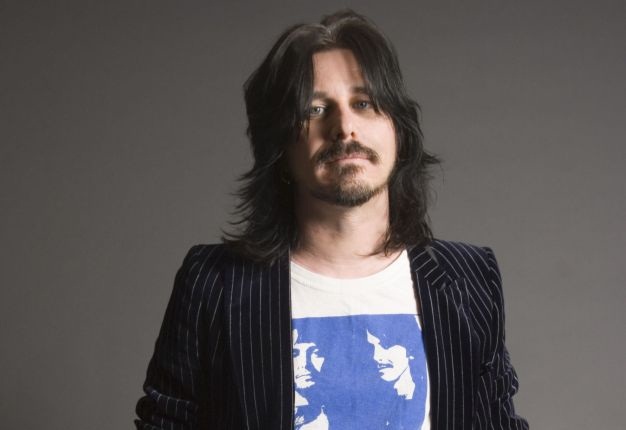
Interviewer Details
- Benjamin Smith


